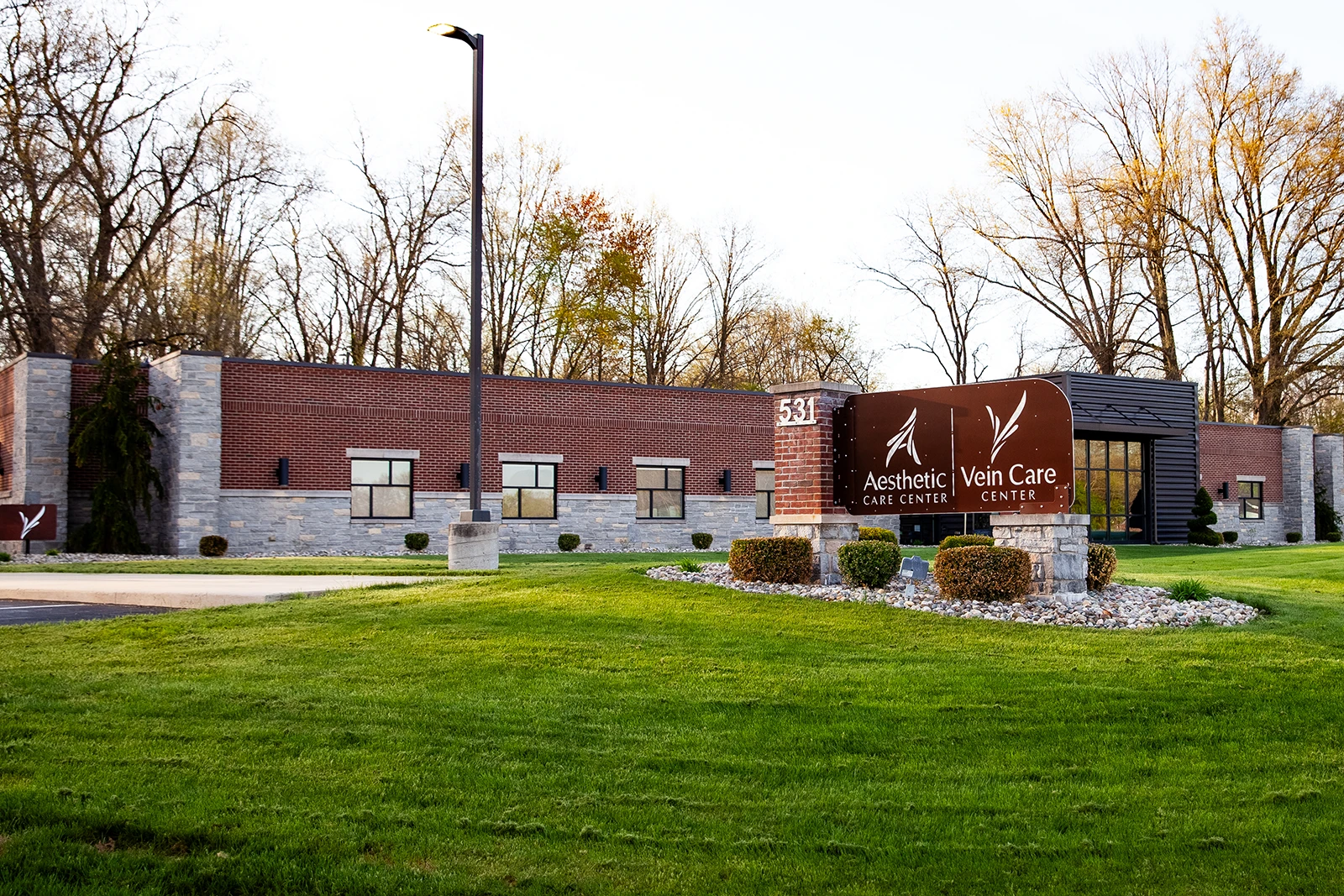“Gwynne is the best! She knows her job and does a fantastic job! Reception area was great also.”
Lymphedema can develop slowly and often leads to long-term discomfort, swelling, and limited mobility. It affects different areas of the body depending on the underlying cause, and symptoms may shift or worsen with time.
At the Vein Care Center, we provide evaluation and care for lymphedema patients throughout Lima, Celina, and northwest Ohio. Dr. Manu B. Aggarwal and her team bring advanced vascular and lymphatic expertise to our local facility, which is recognized as one of the few accredited Vein Centers in Ohio. When you come to us, we will give you comprehensive care by identifying contributing factors and managing symptoms to help reduce swelling and improve function.



